
Elijah Gildea
REDDING, CALIFORNIA
Equipment: Nikon D850, Nikon 200-500 lens
In 2006, Elijah spotted a pair of bald eagles— the first he’d seen in his life. He was so excited that he went out the next day and purchased a new camera. Soon he was photographing rufous hummingbirds nearby, then traveling to find even more species. “I am always in pursuit of capturing incredible or beautiful hummingbird moments,” he says.
“Hummingbirds initially caught my eye because of their iridescent colors, and they have kept my interest because of their incredible variety,” Elijah says. His hobby is now a parttime job. He shoots professionally for Perky-Pet bird feeders and leads tours in Costa Rica, while teaching local photography workshops.
In his own backyard, Elijah regularly welcomes six species. “I live on the outskirts of town, which is apparently a great location for hummingbirds,” he says. “I have 12 large hummingbird feeders up and spend my mornings drinking coffee, cleaning and refilling feeders, and watching the dozens of hummingbirds.” And his camera is always nearby, no doubt!
Bill Friggle
DENVER, PENNSYLVANIA
Equipment: Nikon D600, Nikon 200-500 lens
When Bill’s severe arthritis forced him into a power chair, he felt depressed by his limitations. Reading about another photographer who had similar challenges inspired him to return to the hobby of his youth. “On the days you can, you go out and do what you can,” he says.
هذه القصة مأخوذة من طبعة June/July 2020 من Birds & Blooms.
ابدأ النسخة التجريبية المجانية من Magzter GOLD لمدة 7 أيام للوصول إلى آلاف القصص المتميزة المنسقة وأكثر من 9,000 مجلة وصحيفة.
بالفعل مشترك ? تسجيل الدخول
هذه القصة مأخوذة من طبعة June/July 2020 من Birds & Blooms.
ابدأ النسخة التجريبية المجانية من Magzter GOLD لمدة 7 أيام للوصول إلى آلاف القصص المتميزة المنسقة وأكثر من 9,000 مجلة وصحيفة.
بالفعل مشترك? تسجيل الدخول
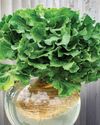
Basics of Hydroponics
Use these top tips and plant picks to have a successful soil-free garden
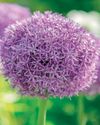
Rooted in Resilience
These hardy perennials will thrive in most zones
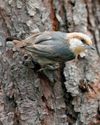
Social and Supportive
Brown-headed nuthatches take a helpful approach to raising their young
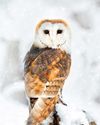
All About Owl Pellets
And why you should give a hoot about them
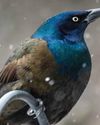
Ask the Experts
Advice from our pros about houseplants, bird feeding and more
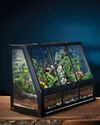
BRING THE OUTDOORS IN
Making a terrarium is about as close as you can get to a Zen DIY project. Once you have gathered the proper materials and squared away your plant selections, it's as simple as layering it all together and watching your mini ecosystem thrive. Here, I'll walk you through my foolproof process and cover all the required elements for good filtration, healthy soil, strong root growth and resistance against fungus and disease.

GROW THIS. NOT THAT
Six easy-to-grow houseplants—and six that may not be the right choice for you

Winter MAGIC
Forecasts may be frigid, but grab your binoculars because birding opportunities are still incredible
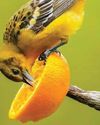
Sense or Nonsense? - Why some birds can taste and smell - but others can't
Does a porcelain berry taste like a blueberry to a gray catbird? Does a block of lard smell like frying bacon to a northern flicker? The short answer is no. While some avian species do have a well-adapted sense of taste or smell, they can't distinguish between flavors and odors the way humans can. They're not picking up every ingredient in the suet you put out, says José Ramírez-Garofalo, an ornithology researcher at Rutgers University in New Jersey and the director of Freshkills Biological Station in Staten Island, New York.
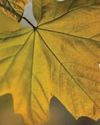
Maple Mania - Amazing facts about this fall foliage mainstay
Amazing facts about this fall foliage mainstay